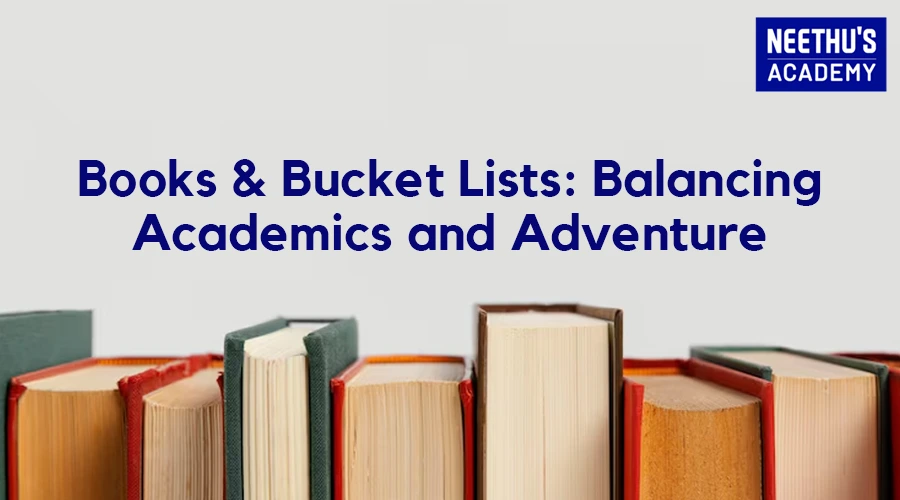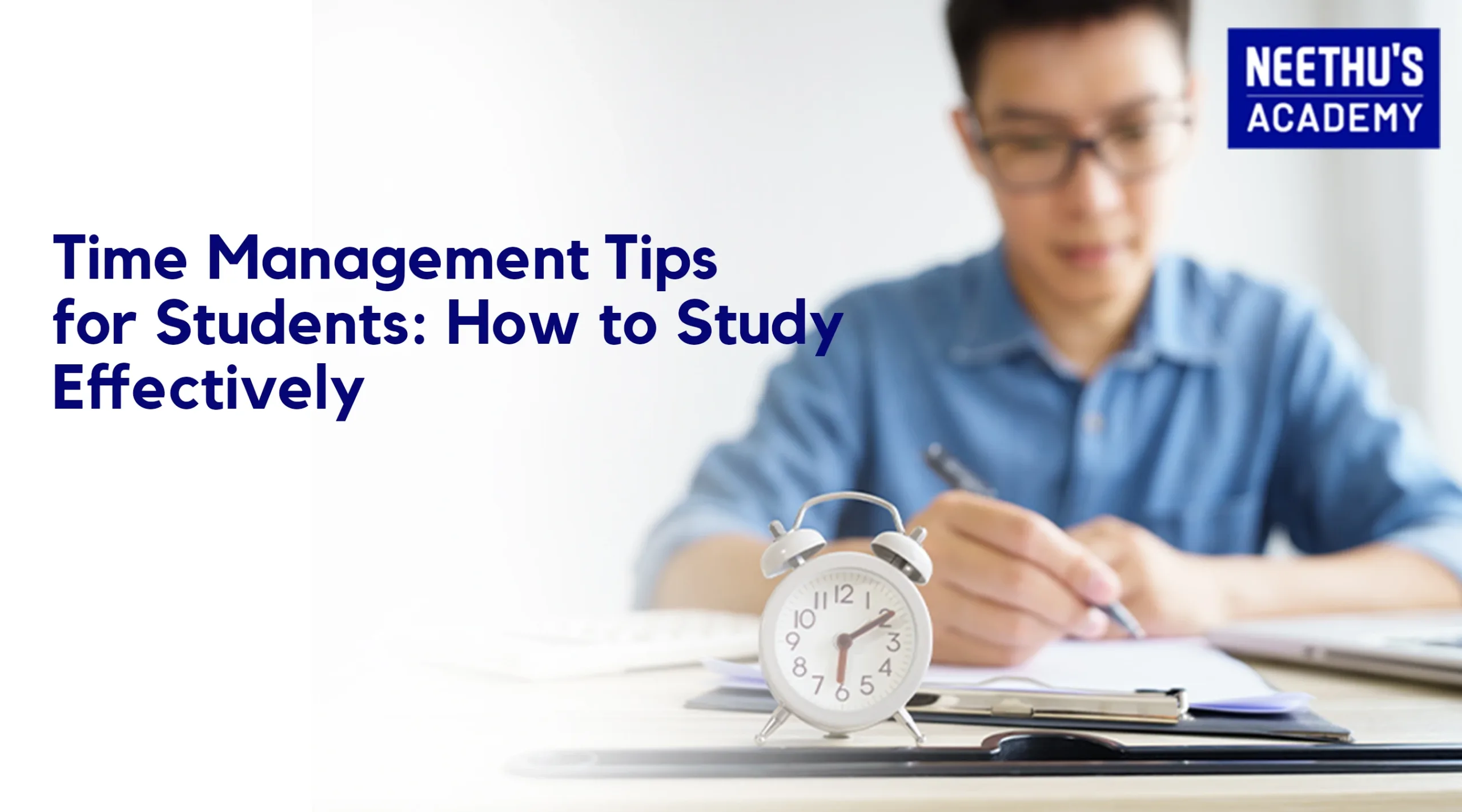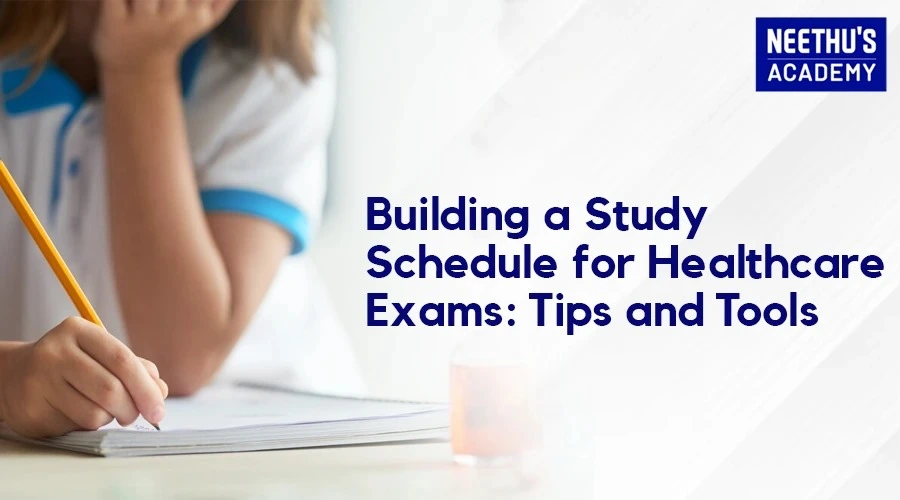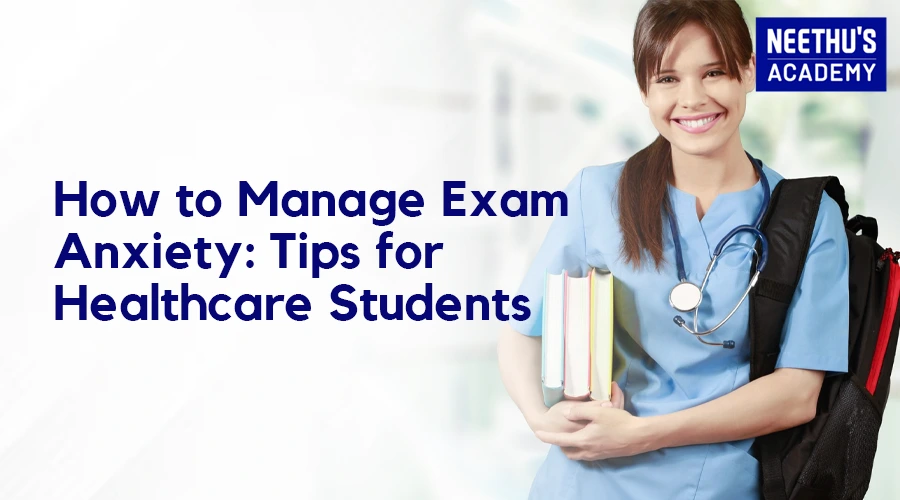Books & Bucket Lists: Mastering the Art of Balancing Academics and Adventure
Traveling in the student years is one of the most interesting experiences of life, and balancing academic work with wanderlust is a challenging task. After all, between hitting the books or traveling to new places, many will find themselves creating a fair dilemma. But careful planning with robust time-management skills can make the most out of it all.
Every student at some point has to run the “book balancing race”. On the one hand, professional success demands effort, dedication, and concentration; on the other hand, there is this untouchable desire to roam in the world, collect experience, and make the most out of youth. Though travel is an escape from academic pressure, it is a unique opportunity for personal and intellectual growth.
Most students often experience academic stress management and poor time management, thus missing opportunities for an adventure. However, this does not mean you must sacrifice your academic performance for the sake of adventure. It is possible to strike a good balance for academics and adventure, thereby permitting you to enjoy travel experiences without sacrificing your education.
Benefits of Traveling as a Student
Expands Horizons
Traveling makes you very aware of other cultures, traditions, and languages. There are learnings beyond textbooks and classrooms. New horizons bring in new perceptions towards global issues that can add more to your knowledge and make you a more balanced person.
Networking Opportunities
Traveling opens up individuals to other citizens of different cultures. Such contacts may become lifelong friendships, networking, or mentorship relationships. The more you increase your networking with other nationals, the more you increase your chances of getting a job opportunity in the future.
Develops Independence
Travel plans, accommodations, and many other expenses managed from distance far away from home help to develop a sense of responsibility and self-independency. And all the skills acquired on these courses could help you to be more successful in your personal growth as well as in academic success and future career.
Boosts Confidence
Traveling always means leaving comfort zones. It could be moving in an unknown city, staying in a country with a different language, or dealing with one problem after another, all which help develop new confidence and problem-solving abilities.
Real-World Learning
Travel teaches you real-life experiences that may supplement your studies in institutions. For instance, you can visit historical buildings, go to festivals where you can immerse yourselves with the culture, or experience life in another part of the world. Such experiences give greater meaning to the topics that you would study in your classes – be it history, geography, politics, or art.
Breaks Academic Stress
The pressure from academics to perform can be intense. With a break to travel, you could relax mentally and regain all that energy needed to resume your studies focused and energetic. Traveling is a fantastic outlet for reducing stress, improving mental health, and maintaining a positive outlook on life.
Balancing Academics and Adventure
There need not be a compromise between academics and adventure. Academics can be combined with adventure as one finds time for both. In fact, academics can be pursued while traveling because this is one area in which one can strategize a lot. Here are some practical tips that can help you balance your responsibility to academics and your desire for adventure:
Set Academic Goals
Before embarking on your journey, take time to set specific academic goals. It may be as straightforward as maintaining your GPA level, submitting assignments on schedule, or ensuring preparation before an exam. In this manner, you can easily have your eyes on what you want from your academics and maintain focus on them amidst indulging in adventures.
Create a Schedule
Balancing academics and travel requires a structured, organized schedule. Plan your days to use study periods, preparation for trips, and other leisure times. With planners or apps, keep on top of deadlines in planning out travel itineraries. This way, you are on track with both your academic and travel commitments.
Have a Plan
A good detailed plan for studies and travel ensures you do not miss any deadline or opportunity. Consider your academic calendar, course requirements, and even impending exams when planning to travel. Always plan travel to coincide with breaks, holidays, or major assignments.
Have a Routine
A regular routine of studies and fun ensures a disciplined life. Set apart study times every day so that you do not trail in your course works. If it becomes possible to maintain a routine while traveling, then balancing both sides of your life becomes easy.
Attend Classes
Even during travelling, classes should be attended on an absolute basis. Whether virtual classes or physical classes, attendance to all classes has to be met. Missing too many classes may lead to a gap within one’s understanding, because of which performance may be affected.
Make Use of Resources
Use academic resources available to you. Whether it’s online libraries, peer study groups, tutoring services, or anything else that will help you stay on top of your work while traveling.
Choose Travel Destinations Wisely
While preparing to travel as a student, ensure that you find places within your time schedule and budget. Look for places that are easy to access, may have cheap accommodations, and do not take up much of your time on the road. Prioritize places that will allow you to return to your studies refreshed and without undue strain.
Benefits of taking adventures while being a student
Improve Communicative Skills
Travel involves meeting people from different backgrounds and therefore enables one to become a better communicator. Whether it’s negotiating in a market or asking for directions in a foreign language, traveling improves your ability to communicate.
Connect with Locals
Connecting with locals during travel will give you an understanding of the culture and the lifestyle within your destination, besides making a meaningful connection that may even provide a way of understanding other academic subjects like sociology, history, or political science.
Helps to Manage Budget
Traveling on a student budget teaches one to keep their finances managed. Learning effective ways of managing the budget in whatever mode of travel for any student can help them survive at school. Budgeting how to cater for food, stay, and transportation fares can enhance the understanding of personal finance.
Learn from Your Experiences
Each journey educates you in a new lesson, be it learning how to navigate public transport in another city or just learning about historical landmarks. The lessons you learn from your adventures can complement your academic education and shape your worldview.
Use Travel as a Reward
Use the travel as an incentive tool. Take time off, but only after completing an important project or after passing an important exam. That gives you motivation to study for a length of time and sets up an anticipation of taking time off.
Conclusion
Balancing academics and adventure is totally possible, and it’s very rewarding to do so. Proper planning, time management, and organization help a student deliver in his studies while exploring the world. The experiences that come with traveling as a student add significant enhancement to your personal life, but most important aspects are valuable skills that will be beneficial for your academic performance and even for your future career. So pack your books, and your bags, and let’s hit the road for that exciting balancing journey between academics and adventure!
Frequently Asked Questions





